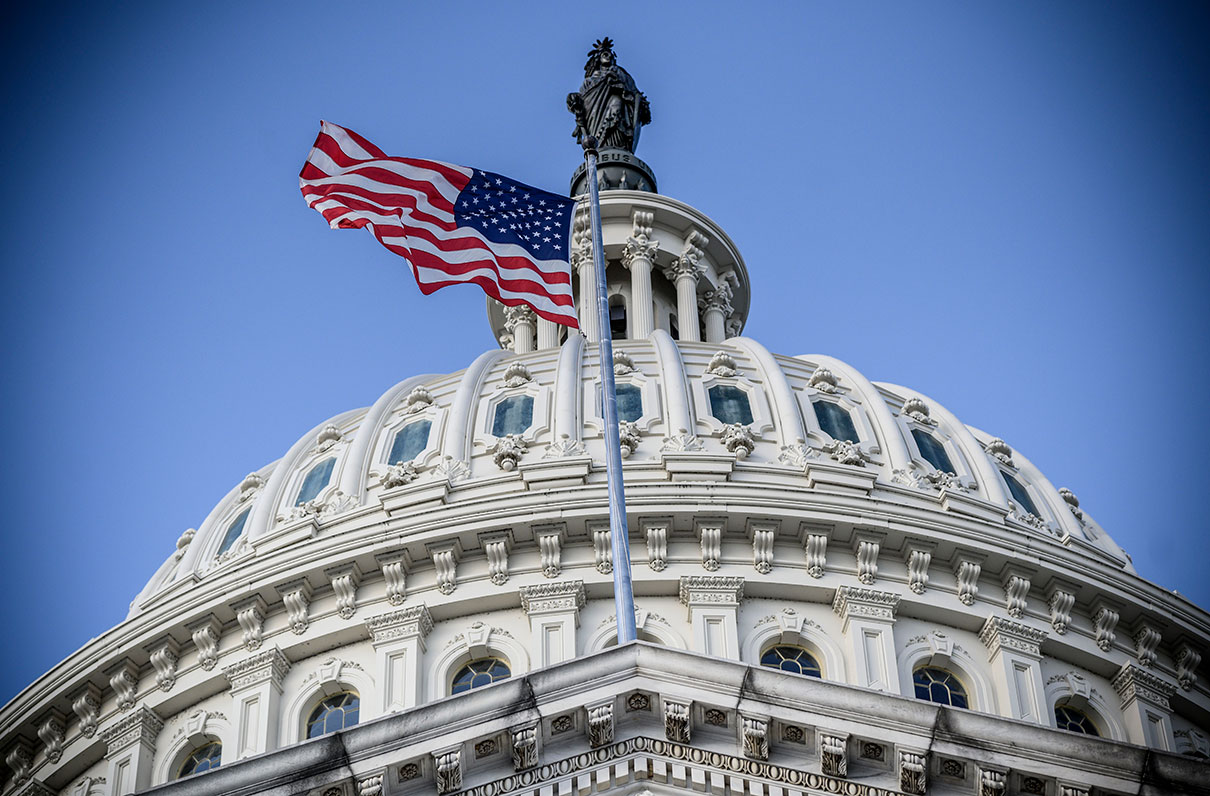Military families can expect greater support thanks to MOAA-backed language in recent legislation … especially families who may need it the most.
MOAA’s efforts included a number of improvements to programs helping special needs families. Here’s a look at some of the changes.
Exceptional Family Member Program (EFMP)
Earlier this year, MOAA testified on Capitol Hill to highlight gaps in EFMP’s assignment process. After reviewing our recommendations, Congress passed several measures to improve the program.
Military families can expect to see standardization across the services in their EFMP processes. Additionally, the assignment coordination process will be improved by:
- Ensuring ability for a second review if families believe the assignment does not meet their family’s needs.
- Protecting of assignments made by medical recommendation.
- Giving families the ability to request continuation of duty location for certain medical and education needs.
EFMP case management also will be improved by standardizing the case management model. Standardization will include a process to ensure seamless continuity of services at the new duty station following a PCS move.
Military Child Education
In addition to creating a better EFMP, MOAA urged Congress to investigate the gaps in education for military students with special needs. The services now will be required to collect information on special education disputes filed by military families, and the Government Accountability Office (GAO) will conduct a study to better understand the challenges military families face in securing free and appropriate education for their students with special needs.
The new law also authorizes funding for Impact Aid for public schools serving military children.
[NDAA RECAP: Legislation Improves Child Care, Spouse Employment, Military Housing, and More]
TRICARE Extended Care Health Option (ECHO)
MOAA has been fighting for improvements to the ECHO program since the Military Compensation and Retirement Modernization Commission highlighted ECHO shortcomings in its 2015 report. The new law expands ECHO coverage by increasing respite care from 16 to 32 hours per month and including coverage for vehicle and residence adaptations – services covered by most state Medicaid programs.
MOAA Knows Why You Serve
We understand the needs and concerns of military families – and we’re here to help you meet life’s challenges along the way. Join MOAA now and get the support you need.



